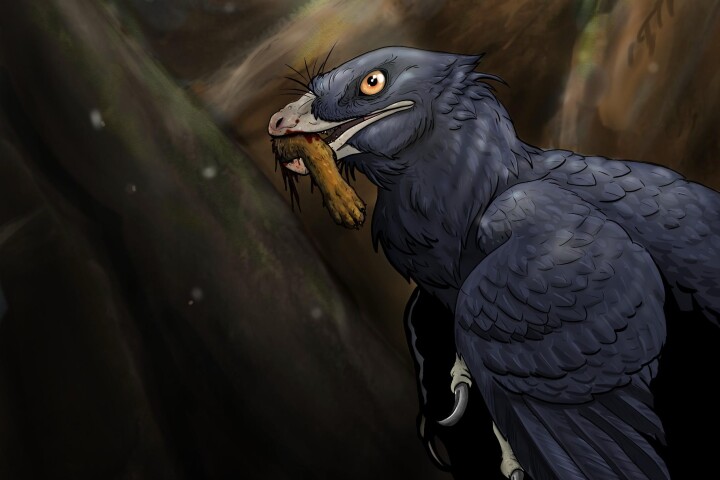McGill University
-
A new study has found a link between cigarette and e-cigarette use by adolescents and young adults and the frequency and severity of eye problems they reported. The effects were worse for those that used both cigarettes and e-cigarettes.
-
Over the last 15 years astronomers have detected hundreds of unexplained radio signals from space – fast radio bursts (FRBs). Now a fresh look at radio telescope data has doubled the number of known sources, bringing us closer to solving the mystery.
-
You might wonder what mice on a stage inside a 360-degree virtual-reality dome might have to do with dementia, but studying how the brain makes sense of changing visual cues could lead to better understanding of why people with cognitive loss feel lost.
-
A growing body of evidence has confirmed how much our susceptibility to mental illness is based in our genes. Now, researchers have found that depression is genetically sex-specific, opening the door to more tailored therapy than ever before.
-
It has long been known that some of the earliest mammals coexisted with the later-period dinosaurs. Now, for just the second time ever, scientists have documented fossil evidence of a dinosaur having actually eaten one of those mammals.
-
Getting a bandage to stick to your skin can sometimes be difficult, particularly if that skin is wet. This isn't a problem with an experimental new wound dressing however, which uses ultrasound-induced microbubbles to better bond with the skin.
-
Autism and ADHD are becoming better understood, but clinicians can still find the two conditions difficult to tell apart. Now, South Australian researchers say they've produced evidence that the two conditions could be diagnosed using an eye test.
-
In order to spread to other host trees, the parasitic mistletoe plant has very sticky seeds that cling to bird feathers, bark, and other materials. According to a recent study, the "glue" on those seeds could inspire new biomedical adhesives.
-
A new study led by researchers at McGill University challenges current notions of how acute pain is treated. The findings suggest treating some forms of acute pain with anti-inflammatory drugs may actually increase the risk of that pain developing into a chronic condition.
-
A first-of-its-kind study has investigated the link between certain cancers and people living in close proximity to wildfires. The findings revealed higher rates of brain tumors and lung cancer in populations living within 50 km (31 miles) of a wildfire.
-
As useful a material as glass is, being prone to cracking or shattering is a major downside. McGill University scientists have developed a new type of glass inspired by the mollusk shell that’s stronger and tougher, while retaining good transparency.
-
In a development likened to targeting the roots rather than cutting the weeds, scientists have identified proteins that may help unravel low-lying but dangerous cancer stem cells, which could translate to new treatments for aggressive brain tumors.
Load More











